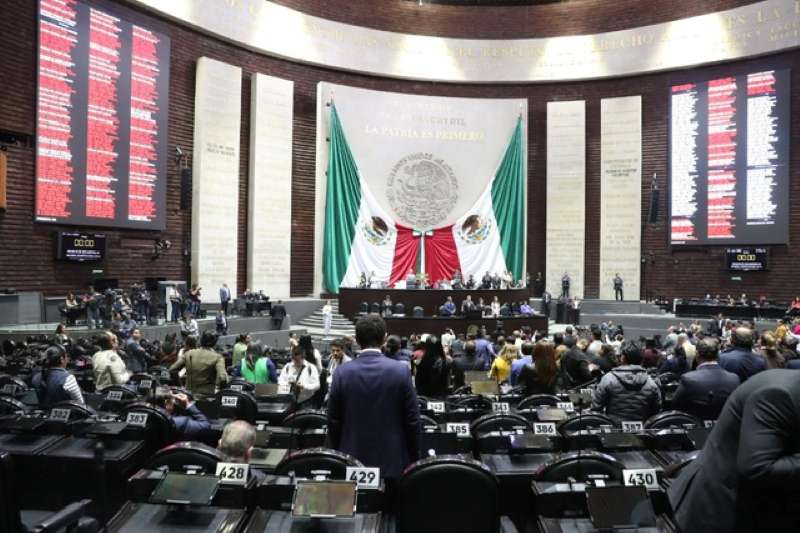Mexico's Morena Party Consolidates Power with Judicial Reform
Mexico's Congress has passed a controversial constitutional reform that limits the Supreme Court's ability to review constitutional amendments. Critics argue this undermines democratic checks and balances, while supporters claim it respects the popular will.

In a move poised to reshape the boundaries of judicial review in Mexico, the Chamber of Deputies approved a landmark draft declaration endorsing reforms to Articles 105 and 107 of the country's Magna Carta. The amendments, which target the non-challengeability of future additions or changes to the Federal Constitution, signal a significant shift in Mexico's constitutional framework, intensifying debate over the scope and limits of judicial power.
The reform was championed by Sergio Gutiérrez Luna, the President of the Board of Directors and a prominent member of Morena, the ruling political party. Gutiérrez Luna announced the historic decision following the confirmation of majority support from Mexico's state legislatures and the capital, Mexico City. “The Congress of the Union, in use of the power conferred by article 135 of the Political Constitution of the United Mexican States, and after approval by the majority of the honorable legislatures of the states and Mexico City, declares article 107 reformed and a fifth paragraph added to article 105 of the Political Constitution,” he declared, emphasizing the reform’s far-reaching implications for constitutional governance.




